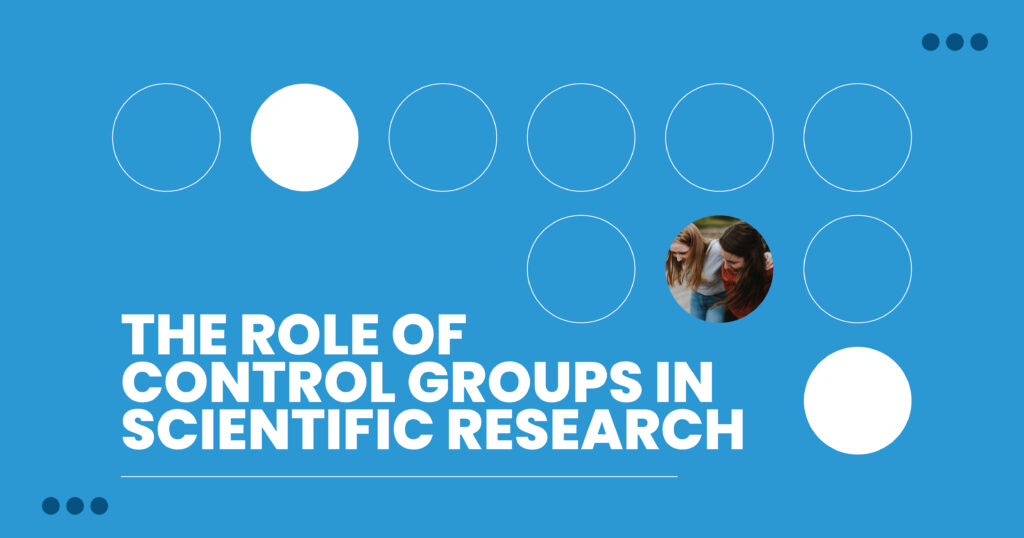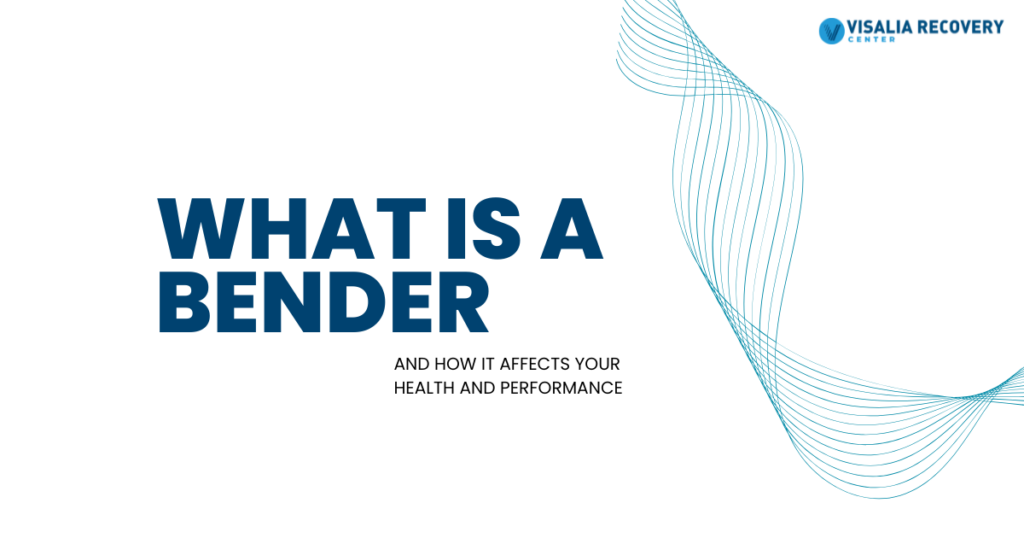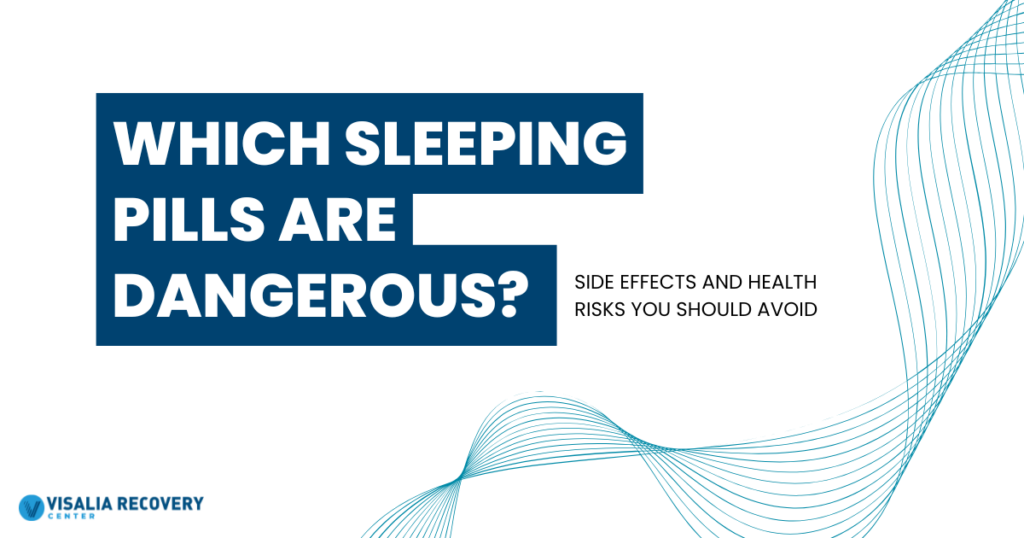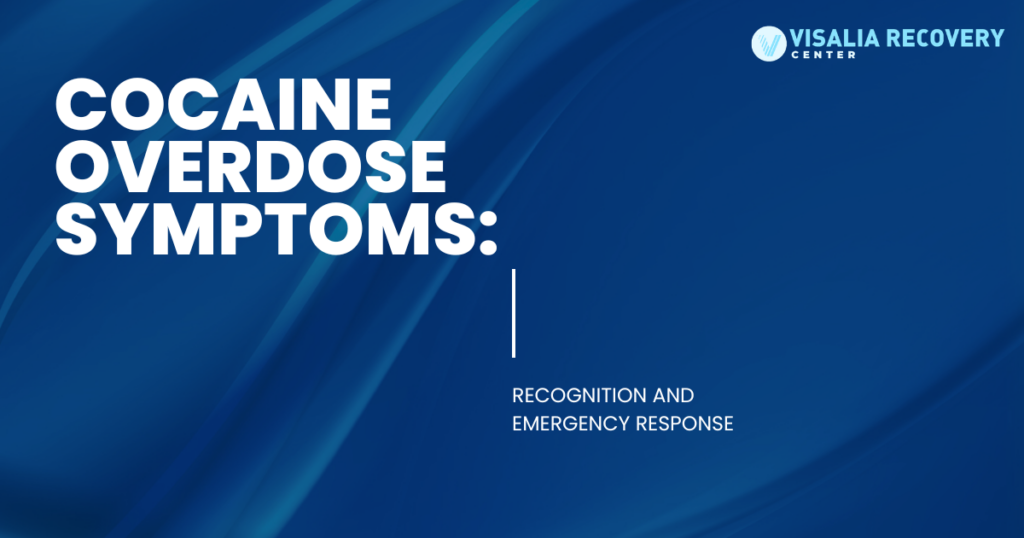Control Group in Research: Why It’s Crucial for Scientific Accuracy

Authored By:
Raleigh Souther

Edited By:
Chase Mcquown

Medically Reviewed By:
Dr. Alejandro Alva
- Last Updated:

How do scientists know if a new treatment actually works?
It’s something to wonder about, that’s for sure – because the answer lies in one of the most important tools in research: the control group.
Wonderful as a researcher’s claim that their new therapy helps people with depression, we still need to verify the accuracy of a claim like that. How do we know people didn’t just feel better on their own? Maybe they improved because someone finally listened to them. Or perhaps just got better simply because time passed.
This is where control groups step in, acting as the ultimate fact-checkers. They help researchers separate real treatment effects from everything else that might influence results. Without them, we’d have no way to tell if treatments actually work or if we’re just seeing coincidences.
Scientists have worked with control groups for over a century. The concept seems simple, but it revolutionized how we understand medicine, psychology, and countless other fields. Today, no serious researcher would run a study without carefully considering what is a control group and how to use one properly.
Understanding control groups is for scientists, yes. But it’s for you too. Anyone who reads health news, tries new treatments, or makes decisions based on research benefits from knowing how these studies work.
Here’s why control groups matter so much and how they protect us from bad science.
Definition and Purpose of a Control Group
What is a control group exactly? A control group is the comparison standard in any experiment. While one group receives the new treatment being tested, the control group either receives no treatment, a fake treatment (called a placebo), or the current standard treatment.
The control group serves as a baseline. It shows what happens when you don’t apply the experimental treatment making it possible to test whether the treatment actually causes the changes researchers observe.
Here’s a simple example. Researchers want to test a new headache pill. They give the real pill to one group of people while the control group gets a sugar pill that looks identical. Both groups track their headaches for a month.
If the real pill group has fewer headaches, that’s interesting. But if the sugar pill group also improves significantly, something else is happening. Maybe people felt better just because they thought they were getting help. The control group helps uncover this placebo effect.
Control groups guard against bias too. Researchers might unconsciously favor results that support their theory (hello confirmation bias!). Study participants might even report feeling better because they try to please the researchers. To avoid all that confusion, testing with a control group is pertinent.

The group receiving the new treatment and the control group have to be as similar as possible in every way – age ranges, health conditions, and backgrounds. Only difference should be the treatment so everyone can be certain that any differences in outcomes is because of the treatment, rather than other factors.
Types of Control Groups in Scientific Research
There’s no universal manual for control groups. Scientists choose different types based on their specific research questions and ethical considerations.
Common Control Group Types:
- Placebo group: Receives a fake treatment that looks real but has no active ingredients
- No-treatment control: Gets no intervention at all, allowing researchers to see natural progression
- Standard care control: Continues with the current best-practice treatment instead of trying the new approach
- Wait-list control: Will receive the experimental treatment later, after the study ends
- Active control: Receives a different treatment that’s already proven effective
The placebo group is probably the most famous type. These study participants get something that looks like the real treatment but has no actual medical effect. Sugar pills, saline injections, or sham procedures all serve as placebos.
Placebo groups show the power of expectation. People often feel better when they believe they’re receiving treatment. The placebo effect can be surprisingly strong, especially for pain, depression, and anxiety conditions.
No-treatment controls simply observe what happens without any intervention. For conditions that might improve naturally over time, this approach works. But it raises ethical questions (like the principle of non-maleficence and true voluntariness) when effective treatments already exist.
Standard care controls receive the current best treatment available. Researchers then compare the new experimental treatment against this established approach so they can clear their doubts and answer the most important bit: “Is the new treatment better than what we’re already doing?”
Importance of Control Groups in Ensuring Valid Results
Control groups separate cause from coincidence. If we didn’t have them, scientists would just be that one cousin who swears their lucky socks are why they’re good at everything – except with fancier equipment.
| Research Element | With Control Group | Without Control Group |
| Cause and Effect | Can determine if treatment causes observed changes | Cannot distinguish treatment effects from natural changes |
| Bias Control | Reduces researcher and participant bias | High risk of confirmation bias and wishful thinking |
| Placebo Effects | Identifies and measures placebo responses | Cannot separate real effects from placebo responses |
| Variable Control | Isolates the treatment variable from other factors | Multiple variables confound the results |
| Reproducibility | Other researchers can replicate the study design | Results difficult to verify or reproduce |
| Scientific Credibility | Meets standards for peer review and publication | Often rejected by reputable journals |
Think about all the things that can affect study results. People’s health naturally fluctuates. Seasons change. Stress levels vary. Life events happen. Control groups help researchers account for these background influences.
In a good study, the treatment should be the only major difference between groups – that’s why variable control is important. Randomization helps achieve this goal by distributing other variables equally between groups.
When researchers randomly assign participants to different groups, they’re essentially shuffling the deck to distribute all those other variables – age, health status, socioeconomic background, lifestyle habits – roughly equally between groups. It’s like ensuring both teams in a game have a similar mix of skilled and less-skilled players, so the outcome depends on the strategy you’re testing, not on one team being stacked with talent.
Examples of Control Groups in Various Research Fields
Control groups show up everywhere in scientific research but the norm is for each field to adapt the concept to their specific needs and challenges.
Medical Research
Drug companies run clinical trials with thousands of participants. Half receive the new medication, half get a placebo. Researchers track everything they can so they can correctly compare outcomes between groups.
Psychology and Behavioral Health
Therapy research often uses wait-list controls. People seeking treatment get randomly assigned to start therapy immediately or wait several months. This design ensures everyone eventually receives help while still providing comparison data.
Around 73% of published psychological treatment studies depend on waitlist controls.
Educational Research
Schools test new teaching methods by comparing different classrooms. Some classes use the experimental approach, others stick with traditional methods. Researchers then compare test scores and learning outcomes.
Nutrition Science
Diet studies face unique challenges because you can’t actually hide what people eat from them, so researchers often compare different diet approaches or use historical controls from previous studies.
Say you wanted to compare low-carb diets to low-fat diets for weight loss. You’d have both groups reduce calories, but they’d follow different approaches. After six months, you could determine which strategy worked better for long-term weight management.
Challenges and Limitations of Using Control Groups
Control groups are imperfect too. They create practical and ethical dilemmas that researchers must keenly observe.
Major Challenges
- Trouble recruiting: Finding enough willing participants for both groups
- People dropping out: People leaving the study before completion, especially from the control groups
- Blinding problems: Participants figuring out whether they’re getting real or fake treatment
- Ethical concerns: Withholding potentially helpful treatments from control groups
- Scarce resources: Running larger studies with multiple groups requires more resources
- Time delays: Control group studies take longer to complete than simple observational research
The placebo effect creates interesting complications. Sometimes fake treatments work well, making it harder to prove that real treatments are better. Researchers would then, in cases like that, need larger studies to detect meaningful differences.
Blinding becomes impossible with certain treatments. You can’t hide from someone whether they’re receiving surgery or just taking pills, and people clearly know if they’re attending therapy sessions versus receiving nothing. When participants are aware of their group assignment, they can carry expectations that influence the results.
Sometimes, control groups are impractical. Think of life-threatening cases that require immediate treatment. No researcher will ethically give placebos to people with heart attacks or severe infections. They must compare new treatments to existing ones instead.
Cultural factors also matter. Some communities are skeptical of research participation. Others have been harmed by unethical studies in the past. Building trust takes time and effort that not all researchers invest properly.
Ethical Considerations in Control Group Selection
Ethics guides every decision about control groups. Scientific rigor must be balanced with participant welfare, for all our sakes.
Never harm people for the sake of research. Control groups should never receive treatments known to be inferior or dangerous. When effective treatments exist, the control group should receive the current standard of care.
Informed consent is also crucial. Study participants must understand they might be assigned to a control group so they know what this means for them.
Some populations need extra protection. Children, pregnant women, and people with mental health conditions may have limited ability to consent so special precautions are relied on to protect these vulnerable groups.
The equipoise principle guides ethical research. Researchers must genuinely be uncertain about which treatment is better because if they already know one approach is superior, they can’t ethically assign people to inferior treatments.
Many clinical trials have safety monitoring boards with independent experts to review ongoing results and potentially stop studies early if one treatment proves clearly better or worse than the control.
Long-term follow-up raises additional ethical questions. Researchers are to keep tracking participants after studies end to identify delayed effects. They also have obligations to share important findings that might affect participants’ health decisions.
Some studies offer control group participants the experimental treatment after the research ends. This “crossover” design addresses ethical concerns while still providing scientific data.
Learn More About Control Groups at Visalia Recovery Center
Understanding research methodology matters when you’re making decisions about your mental health treatment. At Visalia Recovery Center, we don’t trust any approach that is not grounded in solid scientific research.
You can feel confident that our methods have been tested and proven effective, not just based on good intentions or theoretical ideas.
Research can seem complicated so our teams never skip taking time to explain the evidence behind our treatment recommendations. We want you to understand why we suggest certain approaches and how we know they work.
Whether you’re dealing with addiction, depression, anxiety, or other behavioral health challenges, we can help you understand your treatment options. Our experienced team knows how to translate complex research into practical, personalized care plans.
Please feel free to reach Visalia Recovery Center today to discuss how our research-backed approaches can help you achieve lasting recovery and improved mental health. You can call us or schedule a consultation.

FAQs
What is the difference between an experimental group and a control group in a clinical trial?
The experimental group receives the new treatment being tested, while the control group receives either a placebo, no treatment, or the current standard treatment. The results from this comparison are how researchers determine whether the experimental treatment actually causes the observed changes.
Save that, both groups are treated exactly the same.
How does randomization enhance the reliability of scientific research?
Randomization means randomly assigning study participants to either the experimental or control groups so both groups are similar in terms of age, health status, and other important characteristics. This process reduces bias and increases confidence that any differences in outcomes are due to the treatment rather than pre-existing differences.
Random assignment is fundamental when creating comparable groups in clinical trials.
What role do study participants play in the placebo group during variable control experiments?
Study participants in the placebo group receive a fake treatment that looks identical to the real treatment but contains no active ingredients.
They help by enabling researchers to measure the placebo effect and separate psychological responses/biases from actual treatment effects.
Why is it important to have a treatment group in scientific research?
The treatment group receives the experimental treatment and is the source of the data needed to evaluate whether the new treatment works. Without a treatment group, researchers cannot determine the effectiveness of their intervention.
How does a clinical trial utilize variable control to ensure accurate results?
Variable control in clinical trials means keeping all factors the same between groups except for the treatment being tested. Researchers carefully control variables like participant characteristics, study procedures, measurement methods, and environmental conditions.
It makes sense to use variable control so any differences in outcomes between the treatment and control groups can be attributed to the treatment itself rather than other influencing factors.


